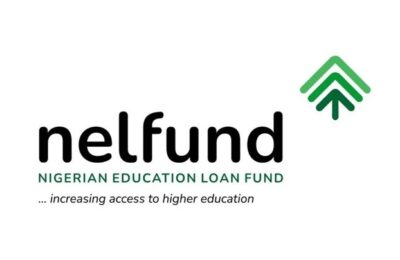What is education ?
Education is defined as learning or studying existing knowledge and cultural legacy . It is a fundamental human right, accessible to all genders or sex. Across the world, education is viewed as a necessity yet millions of women remain illiterate because of poverty, social stigma, discrimination, lack of resources and much more.
Women education
Women education can be regarded as a kind of knowledge given to women for enhancing their self-respect and self-dignity . This knowledge can be in form of formal, non-formal and informal education, it can be in form of adult education, community development, workshops, seminars, conferences and training.
Importance of women education
A well-educated woman provides the skills, knowledge , and self-assurance necessary to be a better mom, worker and citizen. A well educated woman will also be more productive and well-paid at work.

The following are the importance of women education. They are:
Increased literacy: of the 163 million illiterate youth across the globe, nearly 63 percent are female offering all children will prop up literacy rates, pushing forward development in struggling regions.
Human trafficking: Women are most vulnerable to trafficking when they are under-educated and poor, according to the United Nations inter-agency project on human trafficking. Through providing young girls with opportunities and fundamental skills, this billion-dollar industry can be significantly undermined.
Income potential: education also empower a woman wallet by boosting her earnings capabilities.
Smaller family: increased participation in school reduces fertility rates overtime. In Mali, women with secondary education or higher have an average of three children.
Poverty reduction: when women are provided with equal rights and equal access to education, they go on to participate in business and economic activity.
– Abdullahi Rahanatu Anibe.
Student of Mass Communication,
Prince Abubakar Audu University Anyigba, Kogi State.




